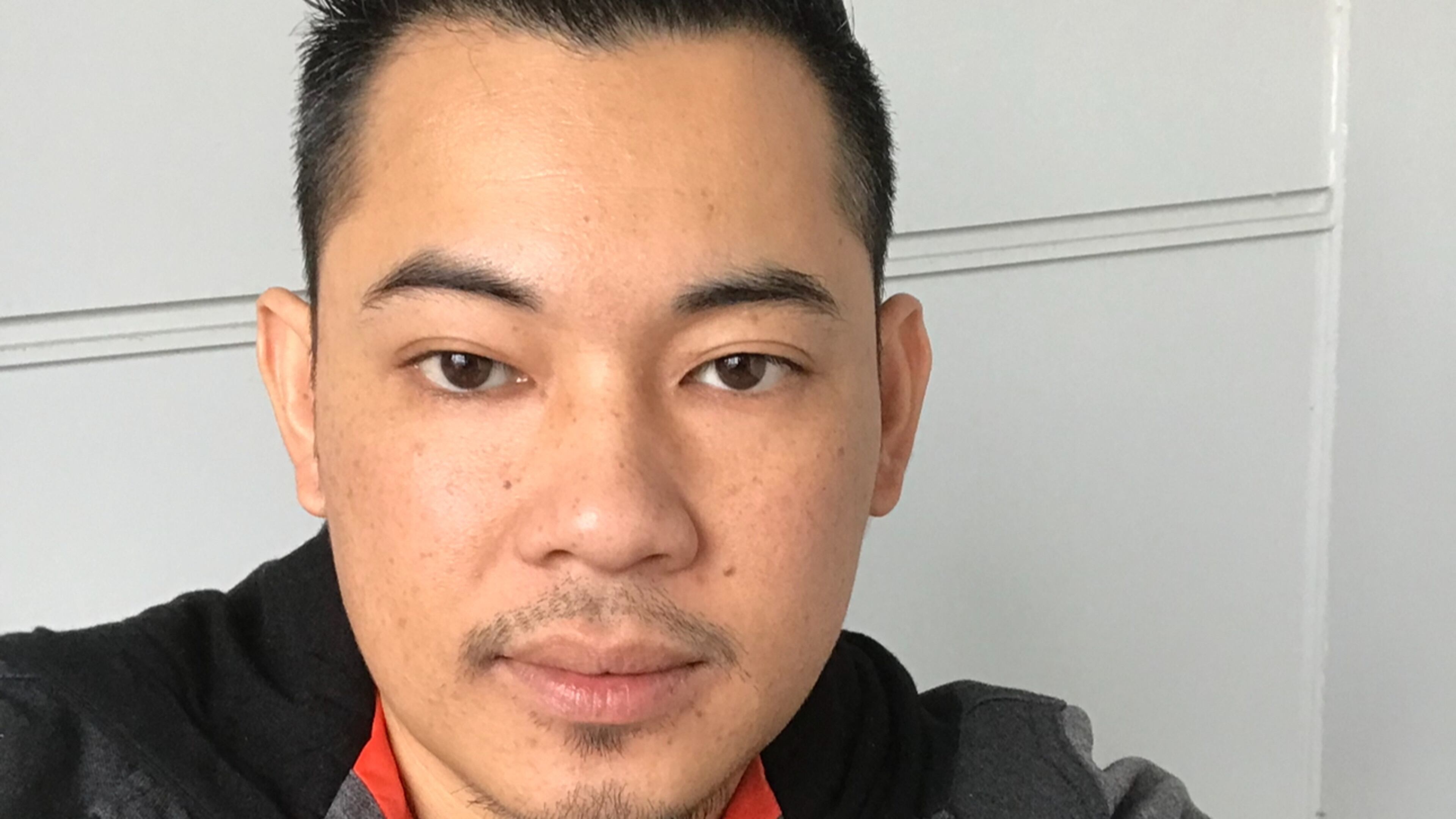Judge's order blocking removal of man from US wasn't received until after he was deported, DHS says

NEW ORLEANS (AP) — Immigration authorities did not receive word of a court order blocking the removal of a man living in Alabama until after he had been deported to Laos, the U.S. Department of Homeland Security said Wednesday, dismissing claims that officials violated the order.
Chanthila “Shawn” Souvannarath, 44, was deported on Friday, according to his attorneys, a day after a federal judge in Baton Rouge, Louisiana, told U.S. Immigration and Customs Enforcement to keep him in the country so that he could present what the judge called a “substantial claim of U.S. citizenship."
Souvannarath was born in a refugee camp in Thailand but has lived most of his life in the U.S. DHS spokesperson Tricia McLaughlin said the judge's order keeping him in the country “was not served” to ICE until after Souvannarath had been deported.
“To the media’s chagrin, there was no mistake," McLaughlin said in a statement.
DHS and ICE did not respond to questions from The Associated Press seeking additional details on the timeline and how officials receive federal court orders.
The American Civil Liberties Union, which is representing Souvannarath, asked U.S. District Judge Shelly Dick to order his immediate return to the U.S., calling the deportation “unlawful.”
"ICE has acted in direct opposition to a federal court order, which should disturb everyone,” said Nora Ahmed, legal director of the ACLU of Louisiana.
The deportation comes as Trump administration officials have repeatedly clashed with the courts over their attempts to deport large numbers of immigrants. There have been previous cases of U.S. citizens being deported, including U.S.-born children.
Souvannarath most recently lived in Arab, Alabama. Court records show he was granted lawful permanent residence in the U.S. before his first birthday. His father, a native of Laos, is a naturalized U.S. citizen, and Souvannarath claims his citizenship derives from that status.
Souvannarath was taken into ICE custody in June following an annual check-in with immigration authorities. Two of his five children were with him when he was detained, his wife told the AP.
McLaughlin said Souvannarath “lost his green card” and was ordered to be deported in 2006 following convictions for “heinous crimes” — assault and unlawful possession of a firearm — and “had no right to be in this country.” It was not clear why Souvannarath was not previously taken into ICE custody.
In 2004, Souvannarath was convicted of unlawful firearm possession and assault against his then-girlfriend in King County, Washington. He had also been convicted of a misdemeanor assault against the same woman several years before, court records show.
"20 years later, he tried a Hail Mary attempt to remain in our country by claiming he was a U.S. citizen,” McLaughlin wrote in her statement. “I know its shocking to the media — but criminal illegal aliens lie all the time.”
Souvannarath's wife, Beatrice, described him as a hard worker and loving father who stayed out of trouble since his run-ins with the law two decades ago. He's mostly worked installing air conditioners and heaters, she said. “He doesn't even drink,” she said.
His wife said she received word last week that he was being deported and, days later, that he was in custody in Laos, a country he had not previously visited.
Representing himself in court, Souvannarath filed an emergency motion seeking to halt his deportation. The judge, appointed by President Barack Obama, cited the “irreparable harm that would be caused by immediate deportation" in issuing a temporary restraining order pausing the deportation for 14 days.
Before his deportation, Souvannarath had been detained at a newly opened ICE facility at the Louisiana State Penitentiary at Angola.
__ Mustian reported from New York. Associated Press reporter Cedar Attanasio contributed from Seattle, Washington.

